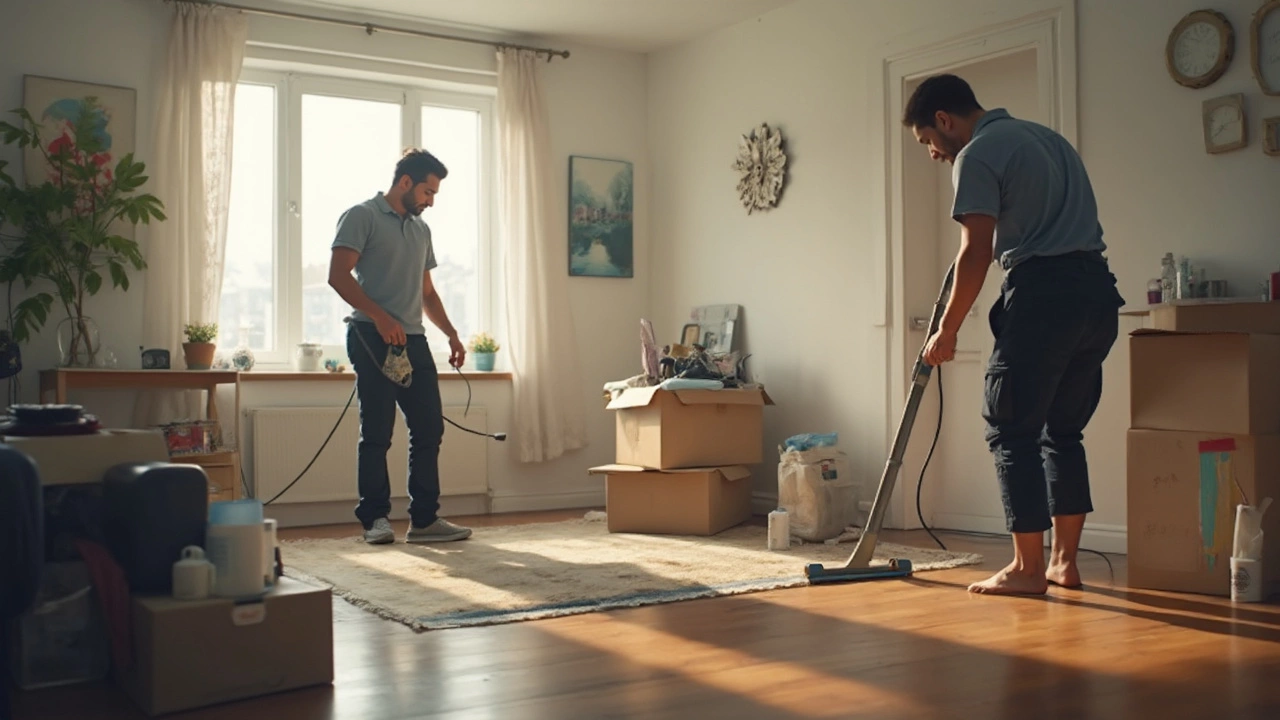Tenant Tips: Quick Cleaning Hacks and Rental Guidance
Living in a rental means you want a clean home without breaking the lease or the bank. Below are real‑world tips that help you keep things spotless, avoid costly disputes, and even make a good impression on your landlord.
Keep Your Home Spotless
Start with the windows. A simple mix of one part white vinegar and two parts water, sprayed onto the glass and wiped with a microfiber cloth, leaves a streak‑free shine. For extra grit, add a pinch of baking soda to the solution – it works like a mild abrasive without scratching.
Oven grime doesn’t have to be a nightmare. Sprinkle baking soda over the bottom, spray with water, let it sit for 30 minutes, then scrub with a non‑abrasive sponge. The burnt residue lifts away without harsh chemicals.
When it comes to upholstery, Dawn dish soap can be a lifesaver for fresh spills. Mix a few drops with warm water, dab the stain with a clean cloth, and rinse with a damp towel. Avoid rubbing – it spreads the stain.
Carpets look great after a quick vacuum, but for deeper dirt, sprinkle baking soda, let it sit for 15 minutes, then vacuum again. The soda neutralizes odors and lifts debris.
For a quick mattress refresh, vacuum both sides, sprinkle baking soda, let it sit for an hour, then vacuum again. It removes dust mites and odors without needing a professional service.
Handle Wear‑and‑Tear Like a Pro
Wear and tear is normal, but knowing what counts can save your security deposit. Small nail holes in walls are usually acceptable, especially in places like California where the law considers them normal. Just fill them with a ready‑made wall repair kit before moving out.
Scratches on hardwood floors are often covered under normal use. If you notice a deep gouge, a simple wood filler can make a big difference and shows the landlord you care.
Stains on carpets or upholstery should be addressed promptly. Use the cleaning methods above, and if a stain remains, let the landlord know you tried to fix it. Transparency often leads to a better outcome.
When a landlord asks for a tip after a cleaning service, think of it as a gesture, not an obligation. If the service was exceptional, a small tip (5‑10% of the bill) is appreciated, but never feel forced.
Regular cleaning schedules prevent big problems. A quick 15‑minute tidy each day – wiping counters, sweeping high‑traffic areas, and taking out trash – keeps deep‑clean sessions short and affordable.
Before you renew a lease, ask the landlord about any upcoming deep‑cleaning requirements. Some let you handle it yourself, saving you the contractor fee.
Finally, keep a small cleaning kit in a closet: all‑purpose cleaner, microfiber cloths, a bottle of white vinegar, baking soda, and a scrub brush. When a mess appears, you’ll be ready to tackle it without a trip to the store.
These simple habits keep your rental looking fresh, protect your deposit, and make everyday living easier. Give them a try and see how much smoother renting can be.

What Do Cleaners Not Clean? End of Tenancy Surprises
Tenants moving out often assume cleaners handle every nook, but there’s plenty they skip. This article explains what professional cleaners usually leave untouched in end of tenancy cleans, from personal clutter to stubborn stains. Learn how to avoid surprises during the final inspection and what’s considered your responsibility. Real-life tips and clear examples make things simple so you can save on deposit deductions. Know exactly where to put your energy before your keys hit the landlord’s hand.
Read More